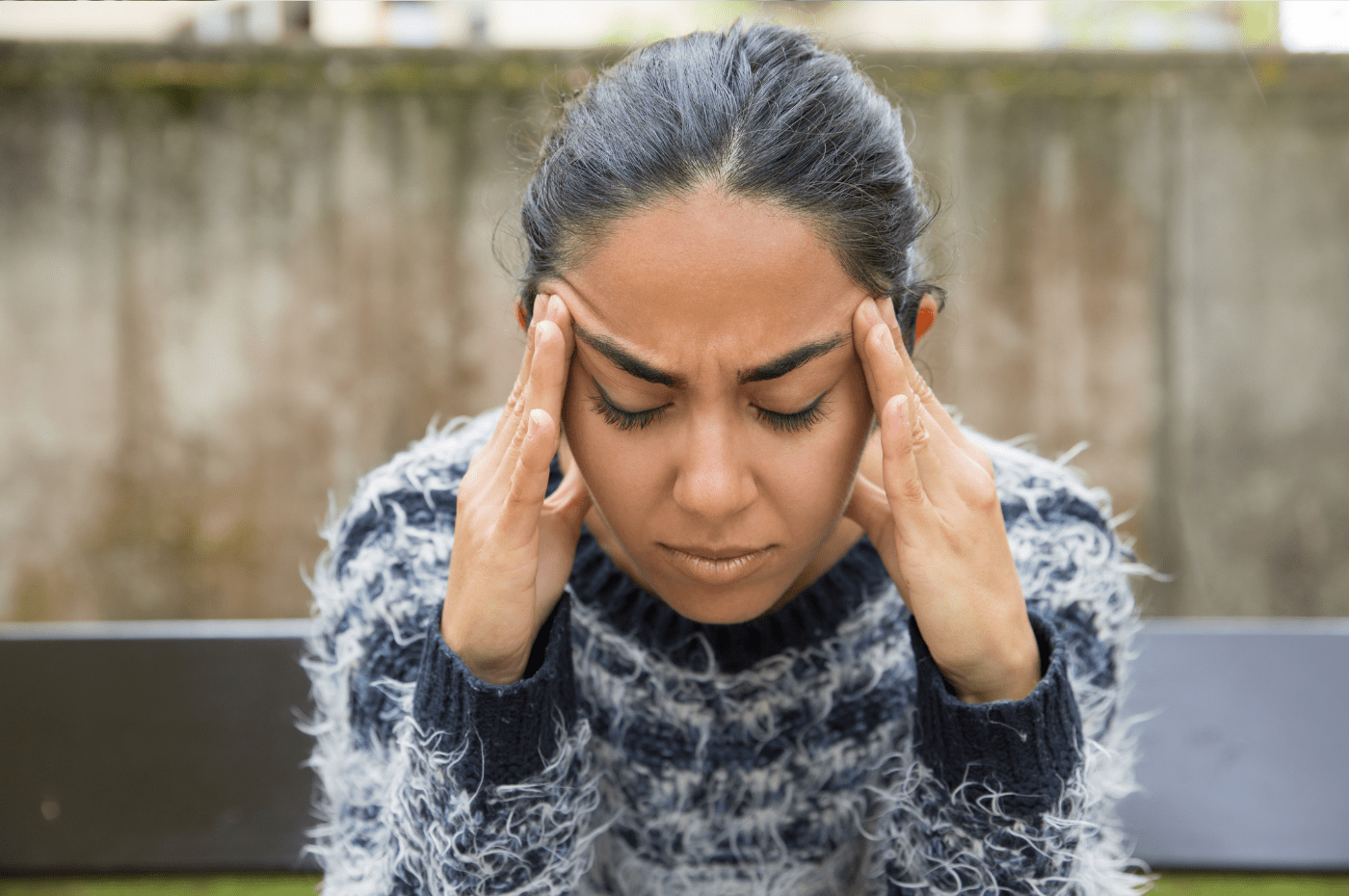Individuals suffering from inner ear and brain balance disorders often seek both accurate diagnoses and relief from their symptoms.
As many vestibular disorders lack known cures, patients frequently look for alternative treatments to improve emotional and cognitive symptoms, as well as enhance their quality of life. One natural remedy currently under investigation for its potential effects on tinnitus and other vestibular issues is CBD.
Vestibular Migraine
Vestibular migraine, also known as “migraine-associated vertigo,” occurs when a patient experiences dizziness and balance issues alongside migraine symptoms. It is among the leading causes of vertigo, which is the sensation of spinning or movement while at rest.
Patients may also experience:
- Light-headedness
- Changes in vision
- Hearing alterations or tinnitus (ringing or buzzing in the ear)
- Headaches (many patients report headaches after their dizziness subsides)
- Nausea, vomiting, and fatigue
- Sensitivity to motion or complicated visual patterns
- Visual disturbances, sensitivity to light, blurriness, or seeing flashing lights
- Difficulty concentrating or memory challenges
Migraines are often described as recurring headaches that can include auras—sensory disturbances like visual changes, difficulty speaking, or tingling sensations in the limbs. A “common” migraine usually does not involve auras.
Also Read : CBD for Pain After Surgery
What Are Common Triggers of Migraines?
Common migraine triggers include:
- Stress and anxiety
- Dehydration
- Poor sleep and fatigue
- Hunger
- Hormonal fluctuations (like those during menopause, puberty, menstruation, or hormone therapy)
- Motion triggers from unexpected movements (like being in a moving vehicle)
- Complex or visually stimulating environments (busy patterns, crowded places, or screens)
Certain foods can also trigger vestibular migraines. Your doctor may suggest a diet low in tyramine, an amino acid, monosodium glutamate (MSG), preservatives, caffeine, and alcohol. They may provide a more detailed list of foods to avoid. The aim is not to eliminate these foods if you enjoy them but rather to moderate and gradually reduce them to identify your specific triggers. Once your symptoms improve, you can slowly reintroduce your preferred foods while keeping an eye on your symptoms.
Examples of trigger foods include:
- Aged cheeses
- Smoked or cured meats
- Foods made with soy sauce, vinegar, or yeast extract
- Pickled and fermented foods (like buttermilk, yogurt, and sour cream)
- Onions, olives, and pickles
- Artificial sweeteners
- Certain alcoholic beverages (like heavy red wines, ports, sherries, scotch, gin, and bourbon)
- Dark chocolate, cocoa, and peanut butter
- High amounts of specific fruits (like figs, red plums, bananas, citrus fruits, raisins, and passion fruits)
- Excess caffeine
Also Read : About CBD Oil
How Can CBD Help Vestibular Disorders?
While many vestibular disorders have no known cures, some anecdotal evidence suggests that CBD can alleviate symptoms such as tinnitus, sleep disturbances, vertigo, balance issues, and anxiety. Some individuals with vestibular disorders have reported improvements in their daily functioning after using CBD.
Inflammation
Inflammation in the inner ear often contributes to dizziness and interferes with sensory signals from the ear to the brain. One of CBD’s well-researched benefits is its ability to help the endocannabinoid system (ECS) regulate inflammation levels and prevent excessive inflammation. Managing inflammation allows the body's natural healing processes to work effectively without overreacting, which can lead to further tissue damage.
Neuroprotection
The ECS plays a crucial role in managing cognitive functions such as memory, coordination, focus, mood, stress, anxiety, sleep, addiction, pain perception, pleasure, and brain energy. Individuals with vestibular disorders often face challenges in these areas. CBD may assist the ECS in protecting brain cells and potentially support new cell growth (neurogenesis).
Mood and Stress
CBD can create a sense of calm and positivity while helping to alleviate anxiety, stress, and depression. For those with vestibular disorders, staying relaxed and stress-free is essential to avoid triggering additional symptoms.
When faced with high stress, the body’s fight-or-flight response kicks in, causing the brain to prioritize survival and produce cortisol. Prolonged high cortisol levels can lead to ongoing wear and tear on the brain, causing mental and physical decline. CBD may help manage stress by activating specific serotonin receptors, promoting relaxation, and restoring balance to the nervous system, which in turn improves mood and overall well-being.
Anxiety
Serotonin and dopamine are two vital brain chemicals that help manage mood and stress responses. Serotonin, often called the “happy chemical,” boosts mood. When serotonin levels are balanced, you tend to feel less anxious, more focused, and emotionally stable. Alternatively, low or imbalanced serotonin can lead to irritability or anger.
CBD may help maintain balanced serotonin levels by activating its receptors, which provide a significant and lasting mood enhancement. These receptors can be thought of as tiny locks that only serotonin and CBD can unlock. Stimulating these receptors can also lower heart rate and reduce body temperature, helping you stay calm.
Dopamine
Dopamine is a neurotransmitter that interacts with the brain's pleasure and reward centers. It influences emotions, behaviour, motivation, and mental processes. CBD may indirectly boost dopamine levels by inhibiting GPR6 and GABA activity in the brain, promoting your body's natural dopamine production.
Sleep
Insufficient sleep can trigger vestibular symptoms and lead to sleep disruptions, creating a vicious cycle of worsening symptoms. Unlike sleeping pills, CBD has fewer side effects and is non-addictive.
It may help regulate your internal clock, or circadian rhythm, which manages sleep/wake cycles. Additionally, it targets other factors that may be disrupting your sleep quality, such as stress, anxiety, chronic pain, and indigestion.
Pain
Although not all vestibular disorders involve pain, many individuals experience headaches, neck pain, and muscle tension alongside other symptoms. CBD may alleviate various types of pain, addressing issues like inflammation, nerve damage, sleep problems, and mood imbalances. It is a natural, effective, and safer alternative to many conventional pain medications.
Tinnitus
CBD may also help with tinnitus, a constant and distressing noise often linked to Meniere’s Disease. Some users have reported positive results in reducing this irritating sensation.
Immune System and Gut Health
While people with vestibular disorders and their health providers are mostly focused on reducing the most common symptoms, it’s important to keep other body systems in good health. Evidence suggests that your immune system and gut health may benefit from CBD.





Leave a comment
This site is protected by hCaptcha and the hCaptcha Privacy Policy and Terms of Service apply.